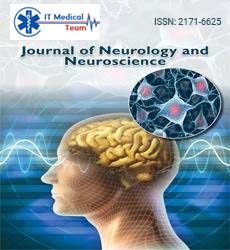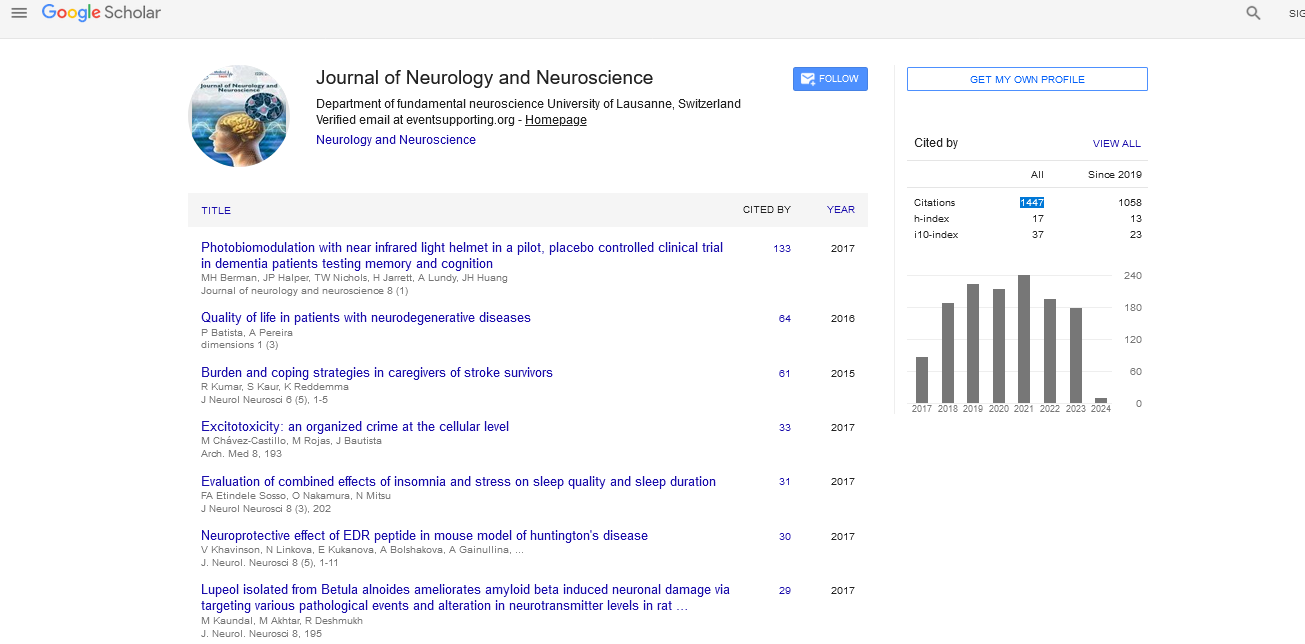Kazuhiro Tajima-Pozo, MD1*; Eduardo Bardudo, MD2; Antonio L. Aguilar-Shea, MD, PhD3; Maria Dolores Moron MD1
1Psychiatry. Hospital Clínico San Carlos. Madrid. Spain
2Psychiatry. Hospital Infanta Leonor. Madrid. Spain
3Family Practice. Centro de Salud Espronceda. Area 7 de Madrid. Spain
*Corresponding Author:
Kazuhiro Tajima-Pozo
Hospital Clinico San Carlos. Profesor Martin Lagos S/N Madrid 28040, Spain
Fax number: 913303574.
Phone number: 913303572.
E-mail: kazutajima@hotmail.com
‘Paraphilia’ is a controversial term. It refers to behavioral phenomena concurrent with sexual arousal to objects and situations that are not part of normative ways of stimulation within a particular cultural or historical context. Their most remarkable features are compulsiveness, stereotyped inflexibility and a paradoxical coexistence of sexual hyper-arousal with strong inhibitions from responding to specific stimuli that are normally considered ‘erotic’: a paraphiliac’s behavior, despite its overt pleasureseeking purpose, is usually hiding some sort of deficit. A paraphiliac’s condition also entails some degree of discomfort related to feelings like guilt and shame, or at least some sense of lack of control that results in another paradox, as the person may be looking forward to regaining the control of an unconsciously dreaded outcome by means of a sexual never-ending stereotypia. Paraphiliac behaviors are rarely the main reason for consultation to a psychiatrist, but sometimes underlie marked distress and impairment in social, occupational and other important areas of functioning, as well as common psychiatric symptoms like anxiety, depression and paranoid reactions. Hypersexuality and paraphilia are known complications of treatment with dopamine agonists [1,2].
We report the case of a 52-year-old single male who attends the outpatient clinic for more than 4 years now to treat some difficulties in relationships, anxiety and mild depressive symptoms. He had reported to the therapist that he was sexually abused by his own father when he was a child; at the same time the father mocked him because of having ‘female qualities’ (the patient never showed himself female-mannered at all before us nor during his public daily life). He never married but maintained longlasting relationships with women and he developed satisfactory sexual routines with them. He occasionally looked for brief homosexual intercourses and did not feel guilt or shame for these, but did not enjoy them enough to leave his proneness to women. The patient was referred to the Psychiatrist by the Psychologist when a sudden worsening of anxiety and dysphoria caused him some problems at workplace. At first he declared himself anxious, but he soon reported some mild paranoid symptoms: with greater frequency he felt that is workmates laughed at him. Later he confessed that he has enjoyed for years some sort of paraphilia that he considered under control until the therapist’s alarm. His paraphilic behavior has been always as follows: wearing make-up, hair-removed the body, dressed up in women’s underwear, drinking a lot of beer before and during the performance, he spends hours at home every day before the webcam connected to an erotic heterosexual video-chat. Although he absolutely rejects a real encounter with a man, he gets excited by the sole idea of seducing a heterosexual male adult who may have entered the internet looking for actual women. Most of the times, if not all of them, the onlookers literally laugh at him. He holds up the orgasm as much as he can: that is one of the reasons he puts forward to drinking alcohol while swinging provocatively and masturbating before the webcam. During this exacerbation period the patient had been taking 1 tablet per day of Pramipexole 0,7 mg (Mirapexin©) for 6 months, as prescribed by the Neurologist for symptomatic treatment of moderate Restless Legs Syndrome (RLS). Before taking this drug he used to chat 1-3 hours/day, 2-3 days/week, and was able to resist the impulse time enough to enjoy leisure, sport and social activities with his many friends and his female mates. When he came to us he was spending 5-7 hours/day, 5-7 days/week, he was drinking huge quantities of beer, his social life had vanished and he was about to be dismissed from his work. He had been taking an ineffective dose of paroxetine (10mg/day) for two months to reduce anxiety. At this point the patient was not suffering major depressive syndrome, neither severe anxiety nor elation, so we suspected that Pramipexole could have worsened the basal severity of his paraphilia. So we stopped Pramipexole treatment and alleviated the RLS with clonacepam (1mg/day). The mood improved. The patient reduced the number of days and hours spent (2-3/day for 3-5 days/week) and he regained his previous social relations.
Pramipexol stimulates D2 and D3 receptors of dopamine in the brain. This drug, like L-dopa, is prescribed to treat both Parkinson Disease and Restless Legs Syndrome. Some of Pramipexol related adverse events are the worsening of motor symptoms, psychiatric symptoms like delusions and hallucinations, confusional states and drowsiness. According to some case-reports, the treatment with a dopaminergic drug might start, reveal or worsen a patient’s latent paraphilia [2-7]; the patient may experience such chronic condition as a problem for the first time. To our knowledge, this is the first report of a first diagnosis of paraphilia in a non-parkinsonian patient treated with a dopaminergic drug before the onset of old age. We think that this case illustrates how a biological factor can specifically worsen a chronic behavioral tendency that takes roots in the harms suffered during the upbringing.
Authors note
Kazuhiro Tajima-Pozo and Maria Dolores Moron are medical doctor at the Hospital Clinico San Carlos in Madrid, Spain, working in the research program of mood and personality disorders and first episode of psychosis.
Antonio L. Aguilar-Shea is a medical doctor of Primary Care that is related to the Psychiatric Unit at the Hospital Clinico San Carlos.
Eduardo Barbudo is currently a medical doctor at the Hospital Infanta Leonor, who initially reported the case of the patient.
There have not been any changes in the above mentioned affiliations. The authors did not receive any financial support for this case study. The authors received full authorization from the patient.
2225
References
- Shapiro MA, Chang YL, Munson SK, Okun MS, Fernandez HH: Hypersexuality and paraphilia induced by selegiline in Parkinson’s disease: report of 2 cases. Parkinsonism Relat Disord 2006, 12(6):392-395.
- Dopamine agonist: pathological gambling and hypersexuality. Prescrire Int 2008, 17(97):200-201.
- Cannas A, Solla P, Floris G, Tacconi P, Loi D, Marcia E, Marrosu MG: Hypersexual behaviour, frotteurism and delusional jealousy in a young parkinsonian patient during dopaminergic therapy with pergolide: A rare case of iatrogenic paraphilia. Prog Neuropsychopharmacol Biol Psychiatry 2006, 30(8):1539-1541.
- Lauterbach EC: The neuropsychiatry of Parkinson’s disease and related disorders. Psychiatr Clin North Am 2004, 27(4):801-825.
- Meco G, Rubino A, Caravona N, Valente M: Sexual dysfunction in Parkinson’s disease. Parkinsonism Relat Disord 2008, 14(6):451- 456.
- Munhoz RP, Fabiani G, Becker N, Teive HA: Increased frequency and range of sexual behavior in a patient with Parkinson’s disease after use of pramipexole: a case report. J Sex Med 2009, 6(4):1177-1180.
- Nielssen OB, Cook RJ, Joffe R, Meagher LJ, Silberstein P: Paraphilia and other disturbed behavior associated with dopamimetic treatment for Parkinson’s disease. Mov Disord 2009, 24(7):1091-1092.





